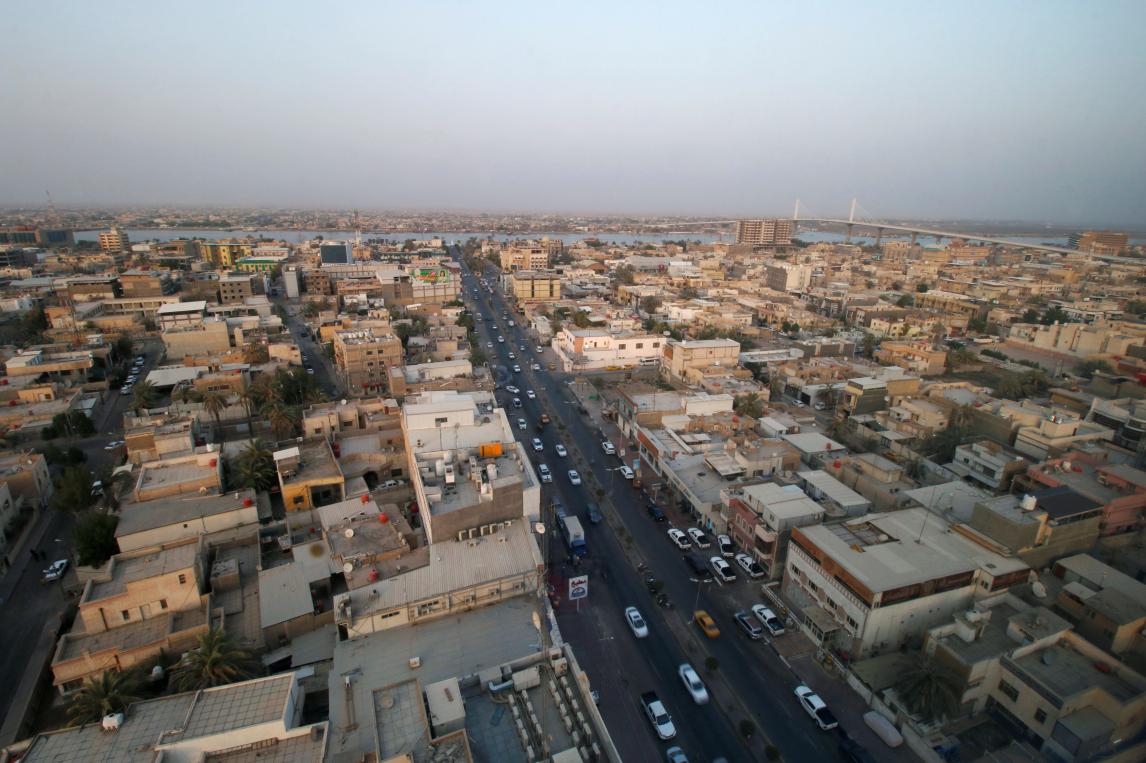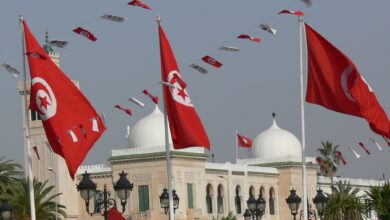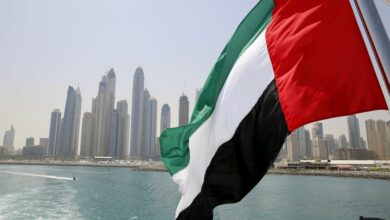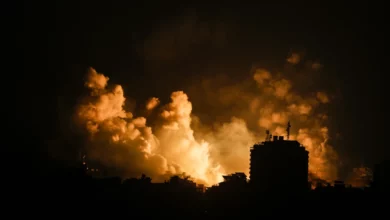
Two years after the Arab Spring uprisings, Tunisia and Egypt are trying to win back holidaymakers in a lifeblood sector for both countries which are gripped by renewed political crisis.
Leading tourism officials from Tunisia and Egypt were keen to stress at the ITB Berlin tourism fair, which closes Sunday, that their destinations are safe and outlined plans for wooing back visitors.
Egyptian Tourism Minister Hesham Zaazou admitted his stated goal to boost the number of tourists back up to almost the pre-Arab Spring level in 2010 of 14.7 million was ambitious given that it fell to 11.5 million last year.
"My target at least is to reach 14 million by the end of 2013. Maybe I have high hopes, but I'm working very hard," he told a news conference.
Tunisia is also aiming high and, as in Egypt, tourism plays a key role in the economy of the country, beset by tensions and uncertainty sparked by the assassination last month of a leftist politician.
Tourism accounts for a sixth of the workforce in Tunisia which, according to the director general of the National Tourism Office Habib Ammar, aims to have welcomed seven million tourists by end-2013 as in 2010 — an increase of 1 million from current levels.
Nearly 12 million people rely directly or indirectly on the tourism industry in Egypt, where unrest has contributed to a painful economic crisis since 2011 when a popular uprising ousted longtime President Hosni Mubarak.
"We are in a political transition. It doesn't mean that we are not going forward. We are a welcoming nation," Zaazou stressed here.
To promote Egypt as a tourism destination and counter the image conjured up by international headlines, the minister plans to set up giant screens in European cities projecting live webcam pictures from venues such as the Red Sea resort of Sharm el-Sheikh or the ancient temple city of Luxor.
"We notice if Egypt is not in the media the figures go back very quickly, meaning that the demand for Egypt is there," Zaazou told AFP but he added that the capital Cairo was particularly suffering.
Another initiative aims to support small businesses reliant on tourism, he said.
"For instance, we have now a program for the caleche owners to feed the horses because they don't have enough money," Zaazou said adding the scheme would start next month in Luxor.
At the end of February Luxor's tourism industry faced a blow when a hot-air balloon crashed killing 19 tourists.
"Once we have the investigation out, we will see the reasons why that happened. And for sure, if there's a technical reason behind it we will avoid it in the future," Zaazou told AFP.
Meanwhile, Tunisia will launch a publicity campaign on radio, Internet and posters in its leading markets next month stressing the new freedom that can be enjoyed in the country.
"Tunisia is safe, but we are in the process of learning democracy," Afif Kchouk from the Tunisian Federation of Hotels told reporters.
Tunisia has been mired in political crisis since Chokri Belaid, a vocal critic of the Islamist-led government, was gunned down outside his home in Tunis on 6 February.
But Ammar played down its impact on tourism, stressing the first half of the year was low season for the country, known for its beaches, and was optimistic for the future due to plans to diversify by promoting its cultural heritage, desert trips or thalassotherapy.
The country has also been plagued by social unrest linked to unemployment and poverty — key factors behind the mass uprising that toppled ex-dictator Zine al-Abidine Ben Ali in January 2011 and touched off the Arab Spring.




